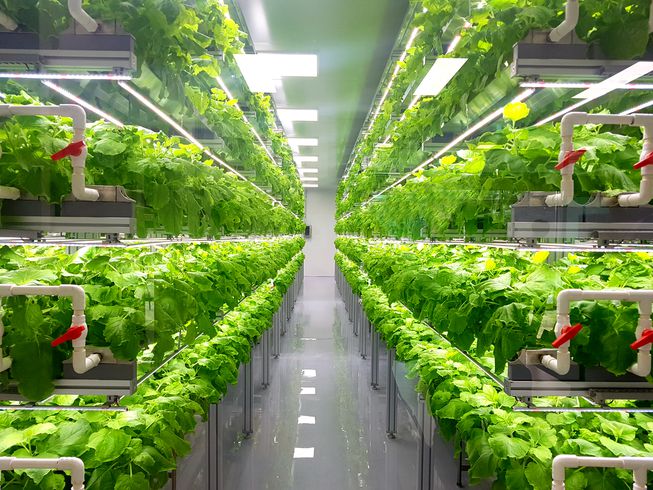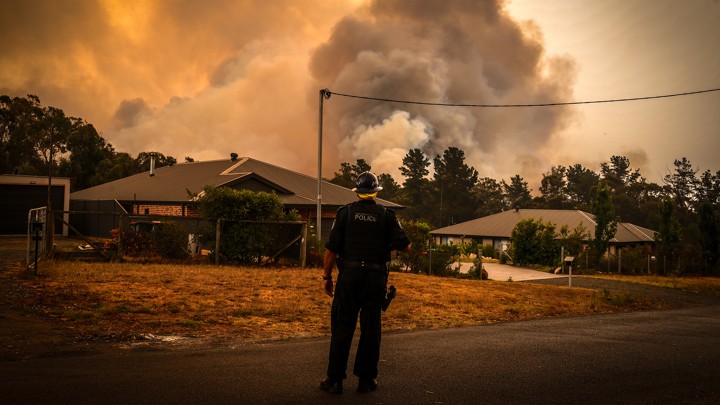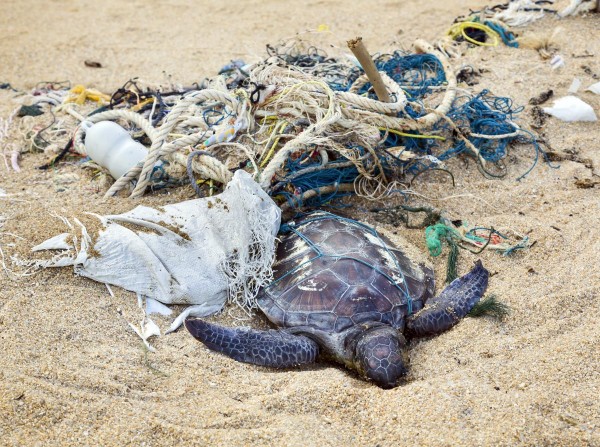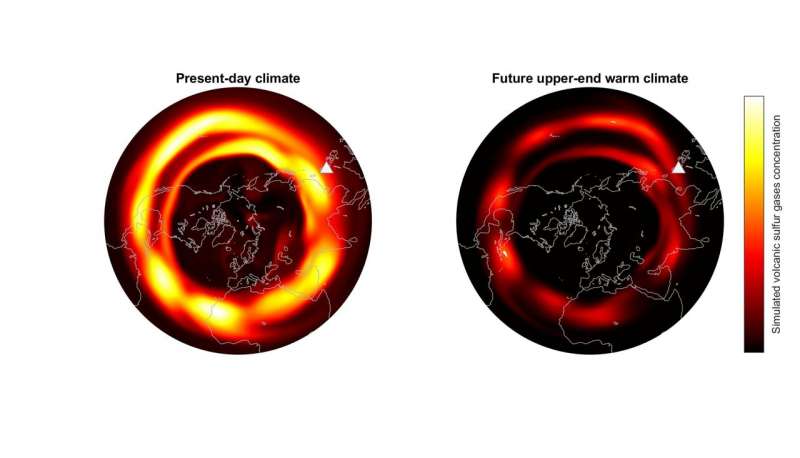Why cars are important: The responsibilities of having a car People need cars for a variety of reasons. They can use them for transportation, as a form of communication, as a place to store their belongings, and as an emergency vehicle. Cars also play an important role in the economy by providing people with access to goods and services that they would otherwise be unable to access.
looking for Iglesia Adventista del Septimo Dia Central D.C. - Home | Facebook you’ve visit to the right place. We have 9 Pictures about Iglesia Adventista del Septimo Dia Central D.C. - Home | Facebook like Cayman Eco - Beyond Cayman Climate change will transform cooling, Cayman Eco - Beyond Cayman Climate change will transform cooling and also Cayman Eco - Beyond Cayman Climate change will transform cooling. Here it is:
Iglesia Adventista Del Septimo Dia Central D.C. - Home | Facebook

Source: facebook.com
iglesia adventista septimo dia central del.
Size: Cars can be small or large. Small cars are becoming more popular as people prefer smaller sizes on cars. There are a few types of small cars, such as the Honda Civic or Mazda3. These cars have a lot of features and can be used for a variety of purposes. Large cars, on the other hand, are becoming more popular because they offer more space and can be used for more special needs. Some large cars include SUVs or Land Rovers. These vehicles can carry a lot of people and equipment.
Cayman Eco - Beyond Cayman Climate Change Will Transform Cooling

Source: caymaneco.org
credit change where effects needed vertical forest study university much effect present could human magnitude.
History of cars: How did cars come to be? The history of cars is a long and complicated one, with many contributing factors. From small animals pulling wagons to giant machines that can carry people and goods, cars have been a part of humanity for centuries. However, the first cars were not actually invented until 1908, when Frederick Lanchester developed the first working prototype. The first mass-produced cars did not hit the market until 1924, when General Motors began producing them in large numbers. The popularity of cars soon grew out of control, and by 1949 they had reached an all-time high.
Cayman Eco - Beyond Cayman Climate Change Will Transform Cooling

Source: caymaneco.org
climate change plastic effects war cambridge present eruptions since site garbage control eco global volcano.
The Different Types of Cars: Interior Design, Fuel Economy, Technology, Safety Interior design is a huge topic that can be broken down into different categories. Some key factors to consider when designing an interior are fuel economy, technology, and safety. Each of these factors can affect the overall satisfaction of the user.
Cayman Eco - Beyond Cayman Climate Change Will Transform Cooling

Source: caymaneco.org
farming indoor soil where effect climate office much.
History of Cars: From horses to motorcycles The history of cars is very long and has a lot of different versions. The first cars were horses and they were used for transportation. There were many different types and designs of horses, but the most common one was the bard. After horses, there were motorcycles. Motorcycles first became popular in the 1920s, but they didn’t come into general use until the late 1960s.
Cayman Eco - Beyond Cayman Climate Change Will Transform Cooling

Source: caymaneco.org
australia fires sydney climate near where gas bushfires volcano change university global january eruptions.
Cars are a popular form of transportation and have been around for centuries. They come in all shapes and sizes, but the most common ones are cars. Cars are used for a variety of purposes, such as getting to work or going to the grocery store. They come in different colors and models, but the most popular ones are red and black.
Cayman Eco - Beyond Cayman Climate Change Will Transform Cooling

Source: caymaneco.org
climate change pollution ocean effects due beach university much study volcanic dead human garbage site plastics could.
What are cars and why do people buy them? A car is a vehicle that is used for transportation, which usually has four or more wheels. Cars are important for many reasons, the most important being that they allow people to move around and do different things. They can also be used as a mode of transportation for work or school. Car ownership can be beneficial for many people, depending on what type of car they choose to purchase.
Cayman Eco - Beyond Cayman Climate Change Will Transform Cooling

Source: caymaneco.org
selfie attention holding change gas clothes due university much say study.
What are cars? Cars are a type of vehicle that is used for transporting passengers and goods. They come in many different shapes and sizes, and can be bought or leased.
Cayman Eco - Beyond Cayman Climate Change Will Transform Cooling

Source: caymaneco.org
.
The cost of cars: How much does it cost to buy a car? When it comes to buying a car, the cost of ownership can be quite expensive. For example, according to Edmunds.com, the average cost of a new car is $29,990. That includes vehicle sales and lease costs as well as other miscellaneous costs like registration and insurance. It’s no wonder then that many people feel uncomfortable driving their own car - especially if they don’t have a lot of money to spare. To make matters worse, many people are unaware just how much it costs to buy a car outright. Here are some key facts to keep in mind: Car sales tax in your state determines the final price of a purchase. The aftermarket dealer markup (if any) may also play into the final price tag; this is often Negotiable at Best!
Cayman Eco - Beyond Cayman Climate Change Will Transform Cooling

Source: caymaneco.org
face masks covid cbc earth change climate during 2021 waste mask due global wear human being could caused effect related.
How much does it cost to buy a car? There is no one answer to this question. It depends on a variety of factors, including how much money you have and what kind of car you want. But some ballpark estimates show that buying a new car can cost anywhere from $1,000 to $5,000.